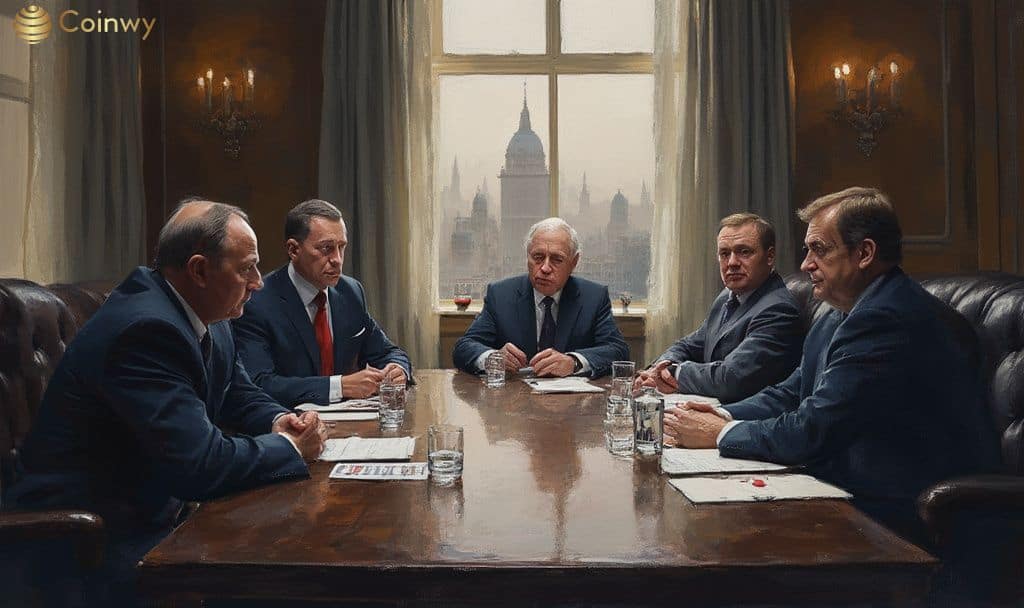- EU develops sanctions package affecting Russian payments and oil.
- Pressure from US for stricter measures.
- Potential market shifts and legal implications on entities.
The European Union is completing a sanctions package targeting Russian payments, cryptocurrency exchanges, and oil, under pressure from President Trump to enhance measures against Russia.
These sanctions impact EU-Russia financial interactions, with potential market volatility in cryptocurrencies like BTC and ETH due to historical precedents of increased regulation.
The European Union is finalizing its 19th sanctions package targeting Russian payments, crypto, and oil. These actions are prompted by US demands for more stringent measures, potentially influencing European economic strategies and international relations.
Key players include EU officials and US President Donald Trump, who insists on quick action. Trump’s administration warns of American-imposed sanctions on Russian oil should Europe delay or fail to match US pressure. As Trump proclaimed, “Europe has to move. Energy revenue funding Vladimir Putin’s war on Ukraine needs to be shut off, and quickly. My administration’s sanctions will only kick in if European countries match the pressure.”
Europe has to move. Energy revenue funding Vladimir Putin’s war on Ukraine needs to be shut off, and quickly. My administration’s sanctions will only kick in if European countries match the pressure.
The sanctions aim to disrupt critical sectors, including major Russian banks and energy firms. These measures could significantly impact cryptocurrency exchanges suspected of facilitating transactions linked to Russia’s energy revenues. The political landscape faces a shift as the EU coordinates with the US. Authorities emphasize that Russian oil imports to Europe have dramatically decreased, pressuring Russia’s economic stability and influencing global energy markets.
Sanctions are expected to cause volatility in crypto markets, affecting assets with Russian exposure. Prior instances indicate that past sanctions led to price swings, particularly for well-known tokens linked to Russian entities. The financial, regulatory, and technological repercussions could extend beyond immediate sanctions. Historical precedent suggests previous EU packages have effectively limited financial interactions in targeted sectors, confirming the potential disruption to Russian market dynamics.






